Island nation of the Philippines has a long and rich history. The best way to experience it is through participation in festival which take the old traditions and demonstrate them to the modern world in the most spectacular manner imaginable. Here’s a list of 10 most famous festivals in the Philippines which introduces the best of the Filipino merrymaking through pictures.
Sinulog Festival in Cebu City, Cebu Island
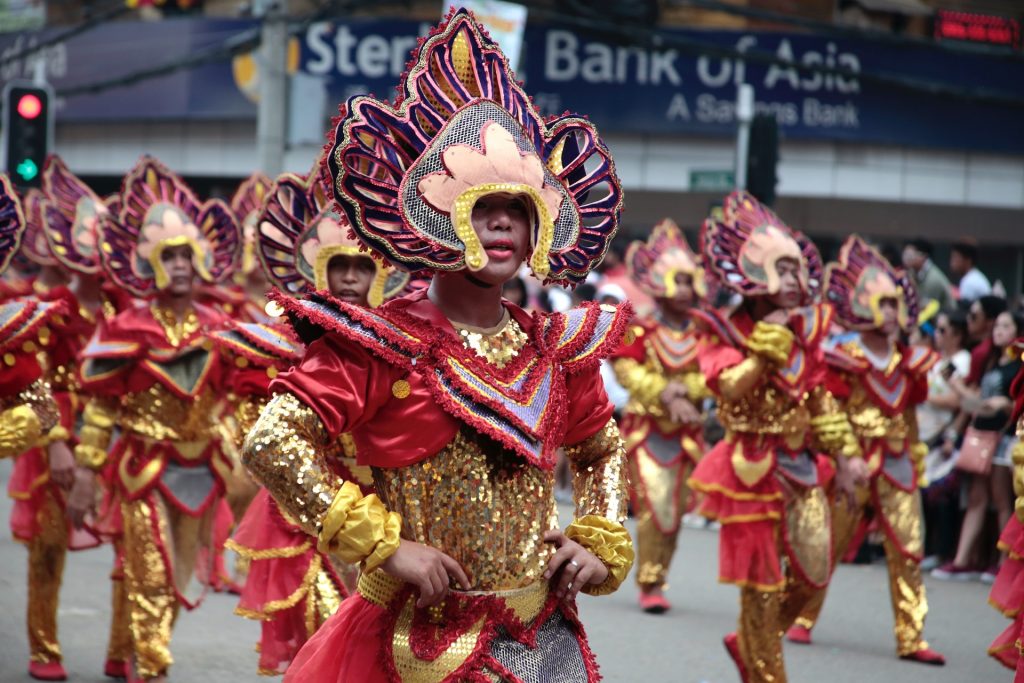
Sinulog Festival in Cebu City, Cebu Island: Sinulog Festival is a vibrant and exhilarating cultural event held in Cebu City, Philippines. It honors the Santo Niño (Child Jesus) and showcases the region’s rich heritage. The festival features a grand street parade with participants dressed in colorful costumes, dancing to the rhythmic beat of drums and gongs. The highlight of Sinulog is the Sinulog Grand Parade, where thousands of devotees and tourists gather to witness the mesmerizing performances and pay homage to the Santo Niño.
9 – Pintados Festival in Tacloban City, Leyte Island
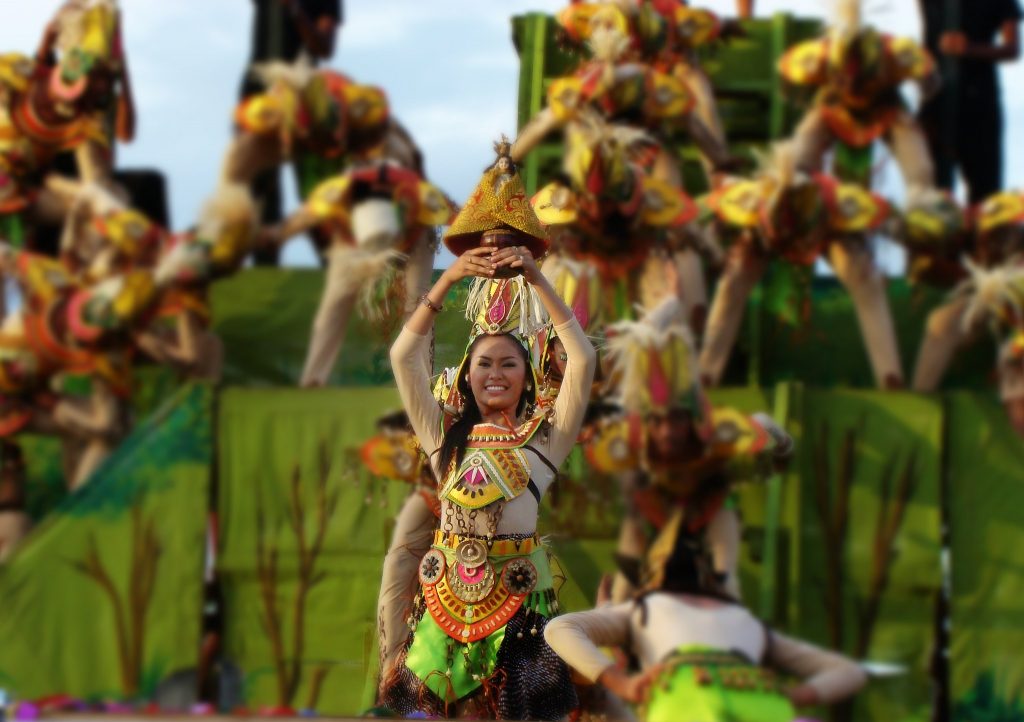
Pintados Festival is a captivating celebration held in Tacloban City, Leyte Island. It commemorates the ancient practice of tattooing among the indigenous people of the region, known as the “Pintados.” During the festival, participants adorned with intricate body paintings and tattoos perform traditional dances and showcase their vibrant culture. The event also features street dances, cultural exhibits, and a beauty pageant, captivating visitors with its unique blend of history and artistry.
8 – Panagbenga Festival in Baguio City, Luzon Island
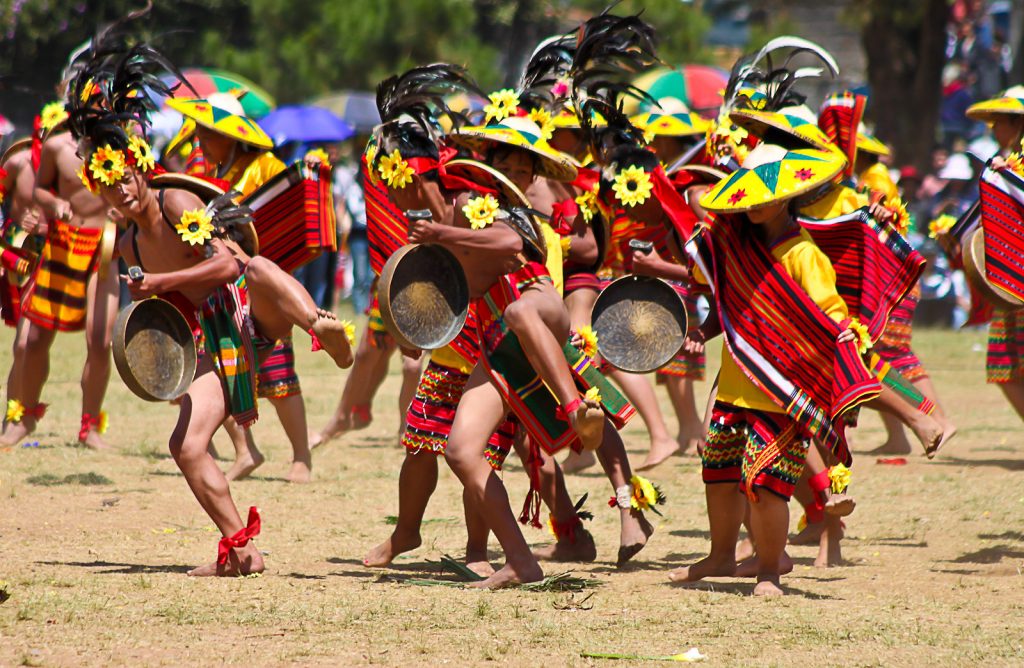
Panagbenga Festival, also known as the “Flower Festival,” is a dazzling spectacle held in Baguio City, Luzon Island. This month-long event celebrates the blooming season with vibrant floral floats, street dancing, and art exhibitions. The streets come alive with colorful costumes, energetic dancers, and intricate flower displays. Panagbenga Festival attracts both locals and tourists who are captivated by the beauty of the floral creations and the festive atmosphere that fills the air.
7 – Pahiyas Festival in Lucban, Quezon Province
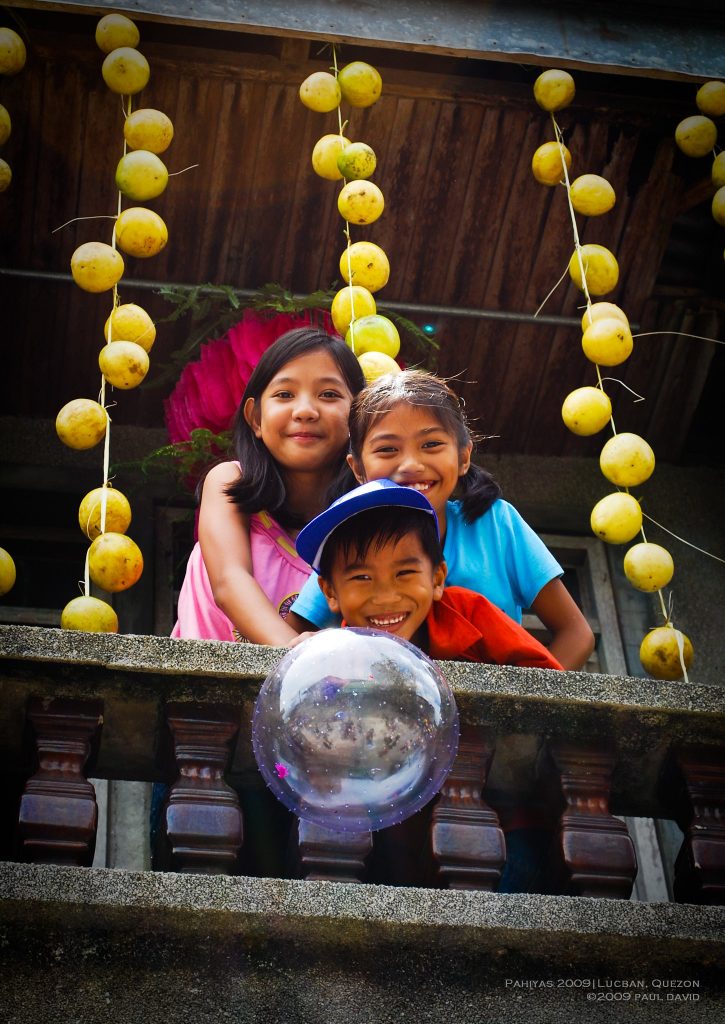
Pahiyas Festival is a lively and visually stunning celebration held in Lucban, Quezon Province. It is a thanksgiving festival dedicated to San Isidro Labrador, the patron saint of farmers. The festival showcases a splendid display of agricultural abundance through creatively decorated houses adorned with rice, fruits, vegetables, and other agricultural products. Visitors can indulge in local delicacies, enjoy cultural performances, and witness the locals’ artistic prowess as they transform their homes into colorful works of art.
6 – Moriones Festival on Marinduque Island
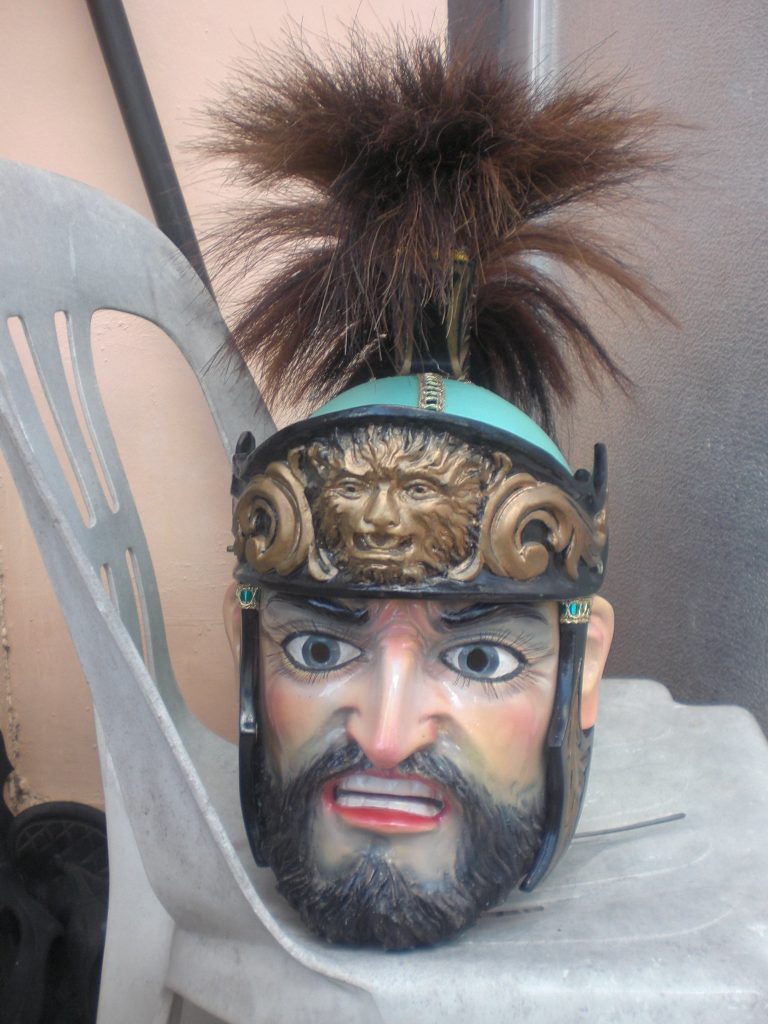
Moriones Festival is a unique and dramatic religious event that takes place on Marinduque Island. The festival reenacts the story of Longinus, a Roman centurion who was converted to Christianity after witnessing the crucifixion of Jesus Christ. Participants don colorful Roman soldier costumes, including intricately carved masks known as “morions,” and roam the streets in search of Longinus. The festival blends faith, history, and pageantry, leaving spectators in awe of the theatrical performances and the island’s cultural heritage.
5 – Maskara Festival in Bacolod City, Negros Occidental
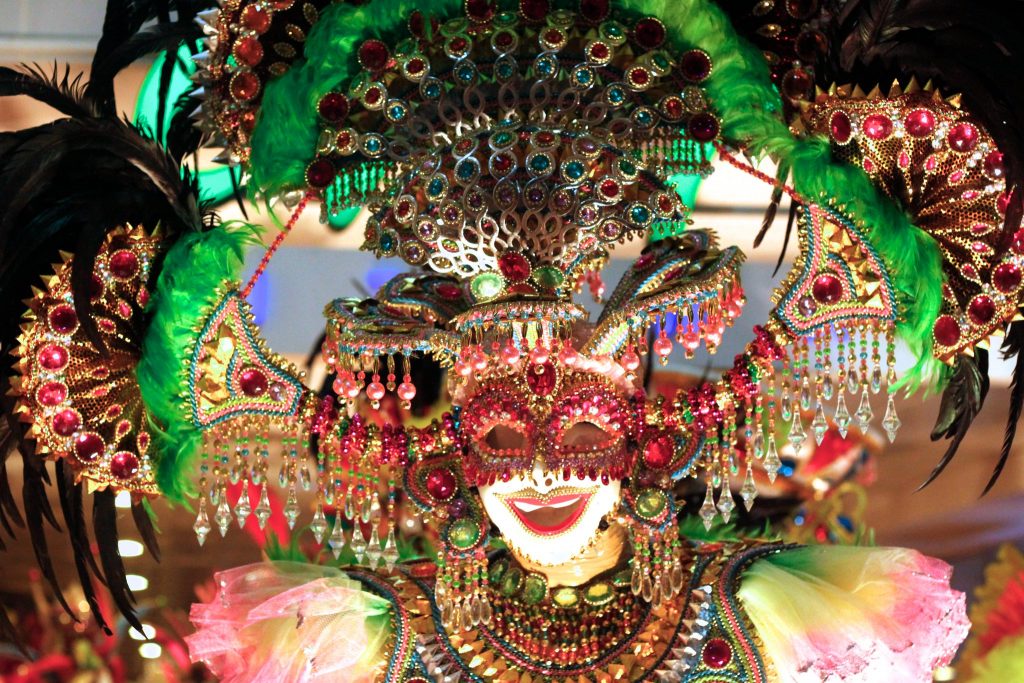
Maskara Festival, also called the “Festival of Smiles,” is a vibrant and joyous celebration held in Bacolod City, Negros Occidental. The festival pays homage to the city’s sugar cane industry and highlights the resilience and optimism of the local people. Participants wear elaborate masks adorned with colorful smiles, symbolizing the ability to find happiness even in challenging times. The festival features street dancing competitions, beauty pageants, art exhibits, and a variety of cultural activities that showcase the city’s artistic spirit.
4 – Kadayawan Festival in Davao City, Mindanao Island
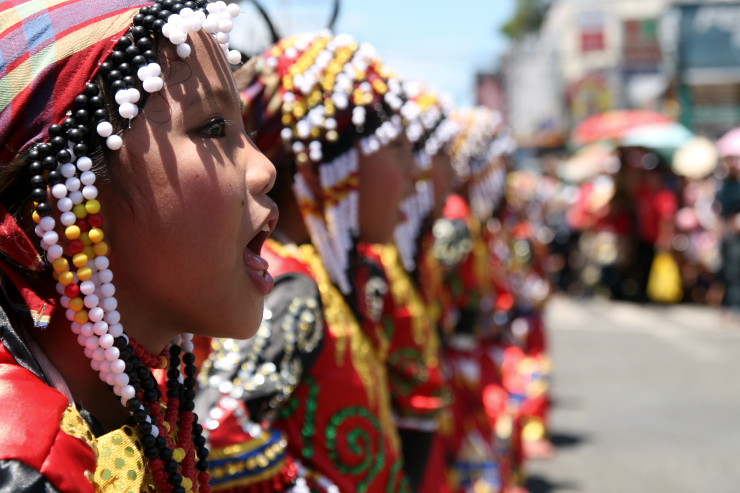
Kadayawan Festival is a grand and diverse cultural extravaganza held in Davao City, Mindanao Island. The festival is a celebration of Davao’s bountiful harvest and the region’s rich cultural heritage. It features a grand parade showcasing the indigenous tribes’ traditional costumes, music, and dances, as well as floats adorned with colorful fruits and flowers. Kadayawan Festival also includes a variety of activities such as street performances, trade fairs, agricultural exhibits, and culinary events that highlight the city’s multicultural identity.
3 – Ati-atihan Festival in Kalibo, Aklan Province, Panay Island
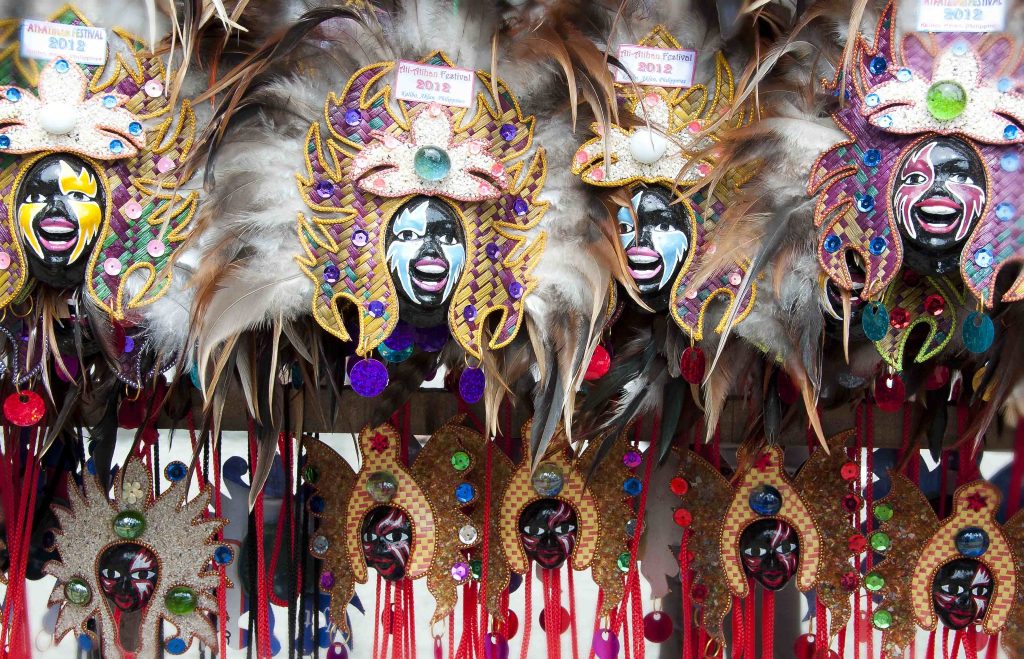
Ati-atihan Festival is a lively and energetic celebration held in Kalibo, Aklan Province, Panay Island. The festival honors the Santo Niño and commemorates the Malay settlers’ barter of Panay Island with locals, represented by the indigenous Ati tribe. Participants paint their faces with black soot and wear traditional Ati costumes as they dance and chant through the streets to the beat of drums and traditional music. Ati-atihan Festival is known for its contagious enthusiasm and joyful revelry, drawing crowds from all over the country.
2 – Higantes Festival in Angono, Rizal Province
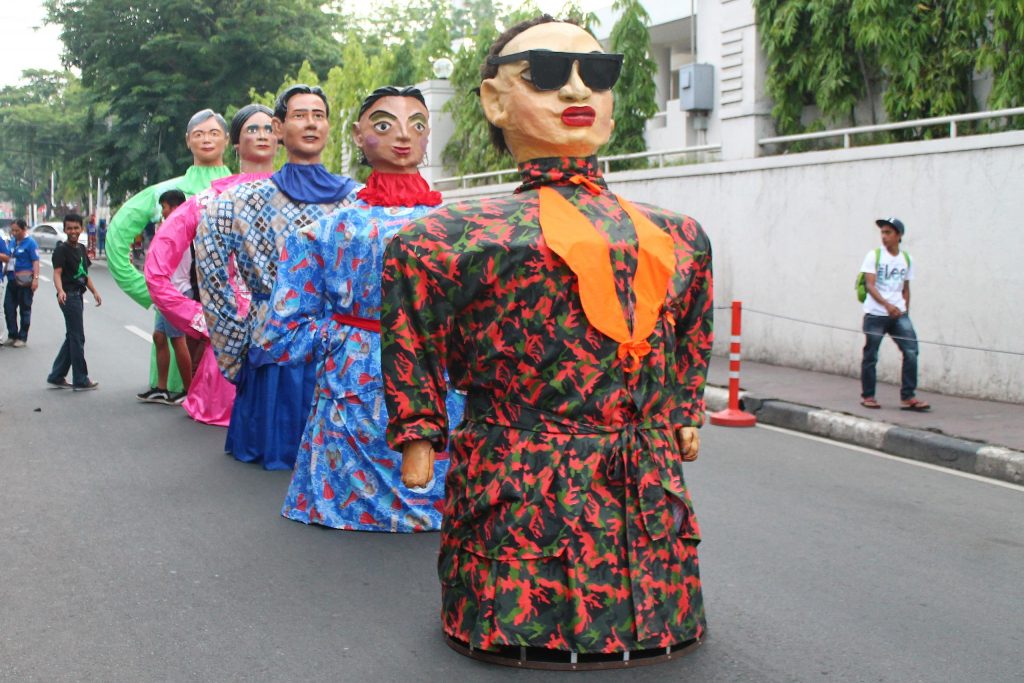
Higantes Festival is a charming and whimsical event held in Angono, Rizal Province. The festival pays homage to the town’s artistic heritage and the local tradition of creating giant paper-mache figures, known as “higantes.” These towering figures represent various characters and personalities and are paraded through the streets amid music and dancing. The festival showcases the town’s vibrant arts scene and invites visitors to immerse themselves in a world of creativity and imagination.
1 – Dinagyang Festival in Iloilo City, Panay Island
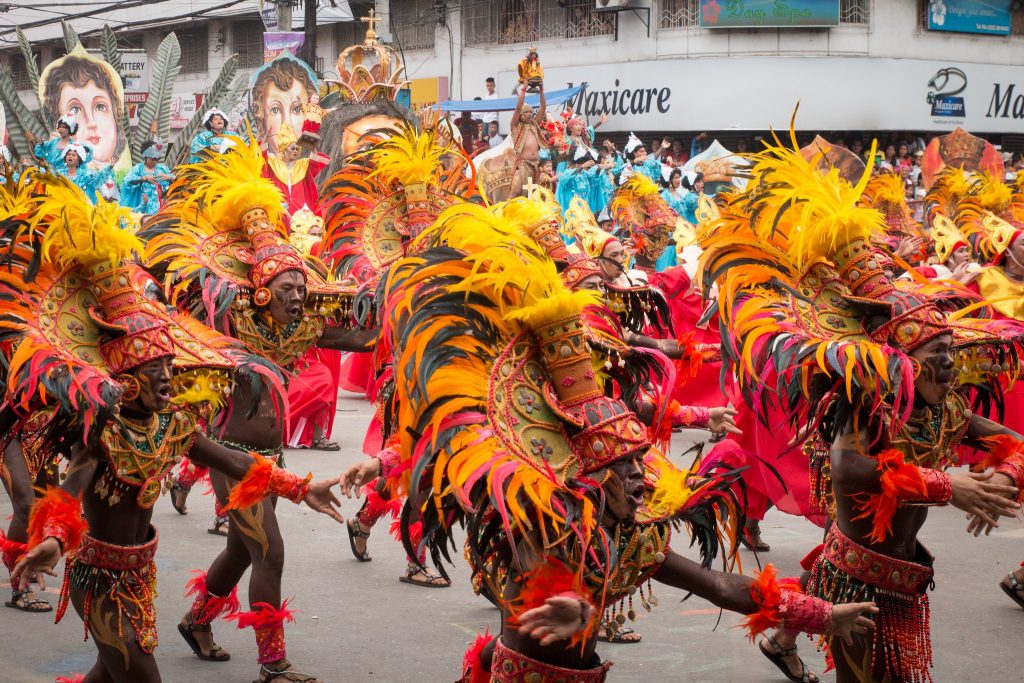
Dinagyang Festival is a spectacular and dynamic cultural extravaganza held in Iloilo City, Panay Island. The festival commemorates the arrival of Malay settlers and the barter of Panay Island with locals, represented by the indigenous Ati tribe. Participants dressed in elaborate costumes and painted in dark hues perform captivating dance routines, accompanied by thunderous drumbeats. The festival features a series of vibrant street performances, a dazzling pyrotechnics competition, and various cultural events that highlight the city’s rich history and vibrant heritage.
Conclusion
Festivals from the list above are celebrated annually, that means one can only experience each of them once a year. They are popular tourist attractions, captivating the eyes and the ears of thousands of tourists who often take a trip to the Philippines just to experience their chosen festival with their own eyes. As the popularity of the festivals continues to grow, the future of traditions they celebrate is certain to remain preserved for future generations.

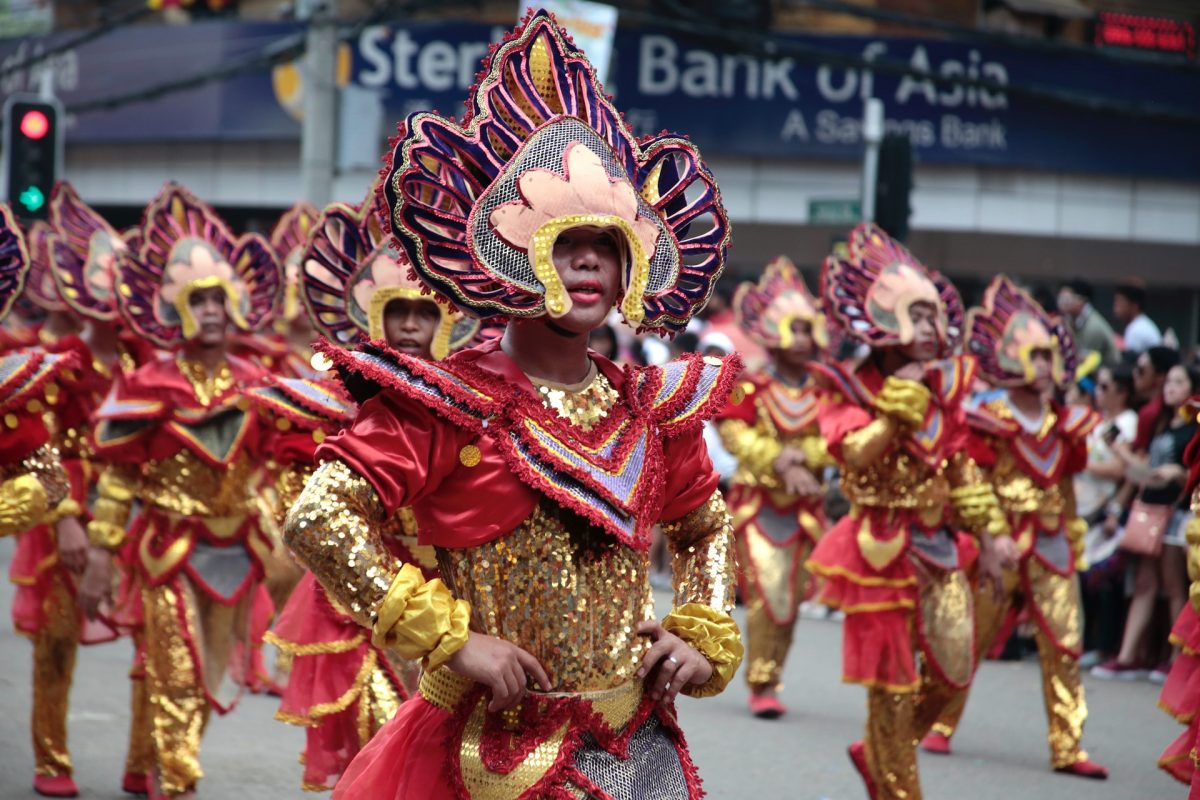

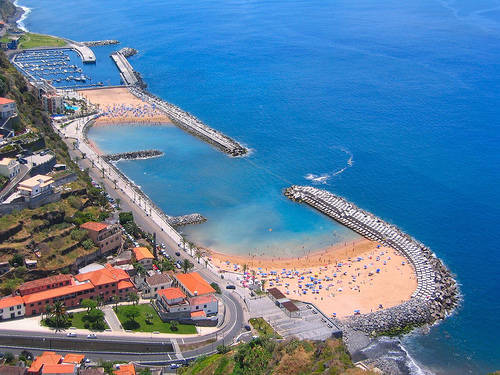


Awesome Festivals, I want to join that.
so Bonok-Bonok isn’t famous?